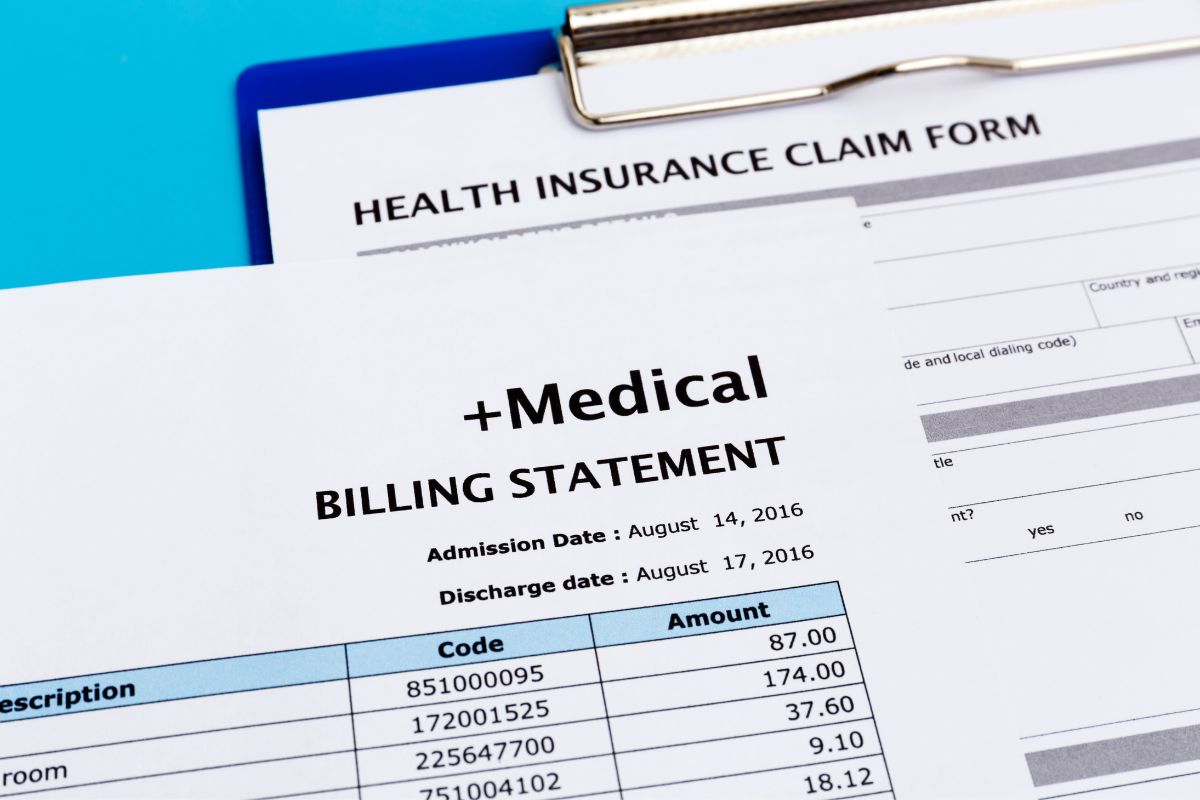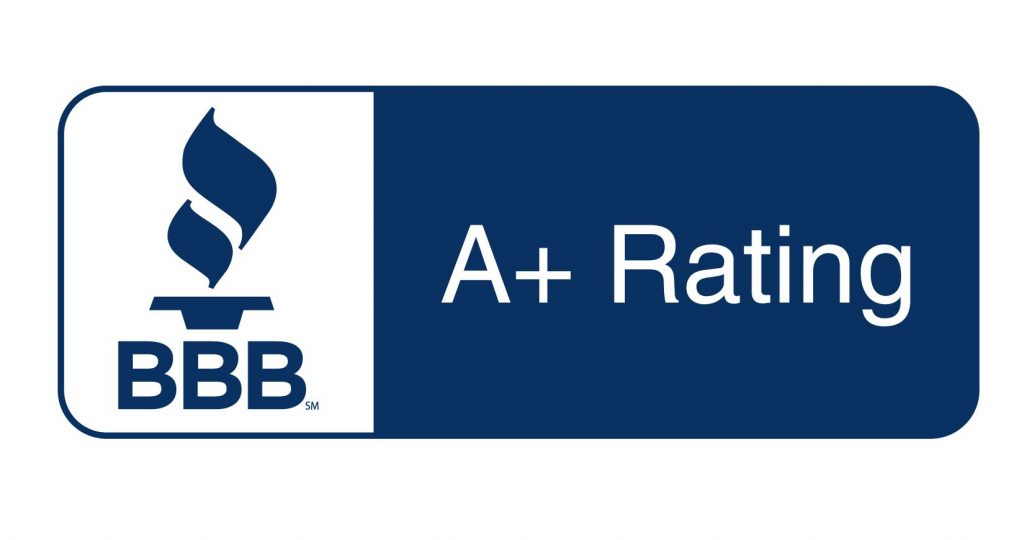If you’re enrolled in Medicare, you’ve probably heard the term “Part B excess charges.” They sound expensive, right? But what exactly are Part B excess charges? It’s important to know what these are so that you can avoid them or at least plan for them as part of your healthcare expenses.
What Are Medicare Part B Excess Charges?
Part B excess charges are essentially additional fees that beneficiaries might run into in some (rare) instances. The federal Medicare program sets fees for all covered medical services. Charges that are over and above those fees are considered excess charges. This only occurs under Medicare Part B.
Medical providers who do not wish to accept Medicare assignment, meaning the Medicare-approved amount for services, can charge up to an additional 15% of the approved amount. Beneficiaries are responsible for paying those excess charges unless they have a Medigap plan that covers them. For this reason, it’s important to know if your providers accept Medicare assignment, or if you might be responsible for additional fees.

Calculating Part B Excess Charges
Excess charges are calculated based on the Medicare-approved fees. For example, let’s say you had a procedure that Medicare approved for $200. If the provider decides not to accept that amount, they can charge up to an extra 15%, which would amount to $30, for a total of $230.
Medicare Part B pays 80% of the approved charge after you’ve met the deductible. Let’s say that, in this instance, you’d already met that deductible. Part B will pay 80% of the approved $200, so it will pay $160. You’ll be responsible for the remaining $70.
Avoid Part B Excess Charges
We used a small example, but as well all know, healthcare expenses are often a lot more than $200. An extra 15% can quickly amount to a lot of money. So, it’s best to avoid those charges if you can.
First, before you make an appointment with a doctor, ask if they accept Medicare and if they are willing to accept Medicare-approved fees for services. If you don’t want to call the provider, you can also get this information from Medicare’s physician finder tool. This step alone can save you on unexpected costs.
Fortunately, most providers accept Medicare assignment, meaning it’s rare to run into excess charges. Plus, there are eight states that limit or prohibit the practice of excess charges altogether. If you live in Connecticut, Massachusetts, Minnesota, New York, Ohio, Pennsylvania, Rhode Island, or Vermont, you won’t have to worry about excess charges. These states are called MOM states: Medicare Overcharge Measure.
Another great way to avoid excess charges is to enroll in a Medigap plan that covers them. Medigap plans, also called Medicare Supplement plans, act as secondary insurance. After Original Medicare (Parts A and B) pay on a claim, it’s sent to the Medigap plan for payment. Plan F and Plan G are two popular Medigap plans that cover Part B excess charges.
Appealing Excess Charges
If you get a bill for a Part B excess charge, the first thing you should do is confirm that the correct amount has been posted to your account. This includes the Medicare-approved amount as well as the excess charge.
It might be possible to appeal the charges in some cases. Make sure you have all the documentation, including the code for the service that was provided. Once you have that information, call Medicare to initiate the appeal. Medicare offers many helpful resources that will help you understand and navigate Part B excess charges.
Find a Medicare Plan with Excess Charge Coverage
If excess charges are something you want to avoid, make sure you get a Medigap plan that covers them. The advisors at Carolina Senior Benefits can help you choose a Medicare plan that fits your healthcare needs and your budget. We’ll teach you how to avoid excess charges and save as much money as possible on your healthcare expenses.





